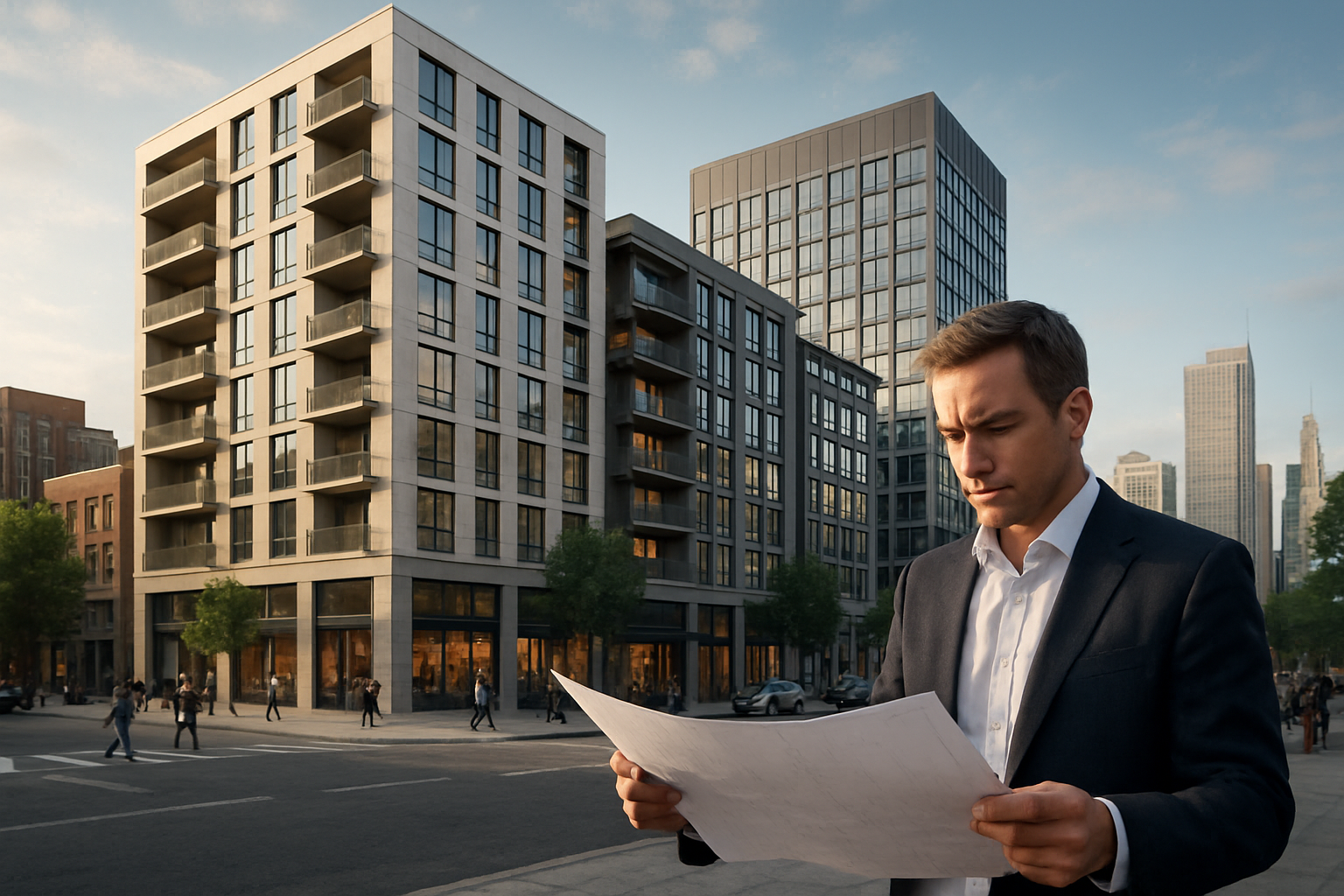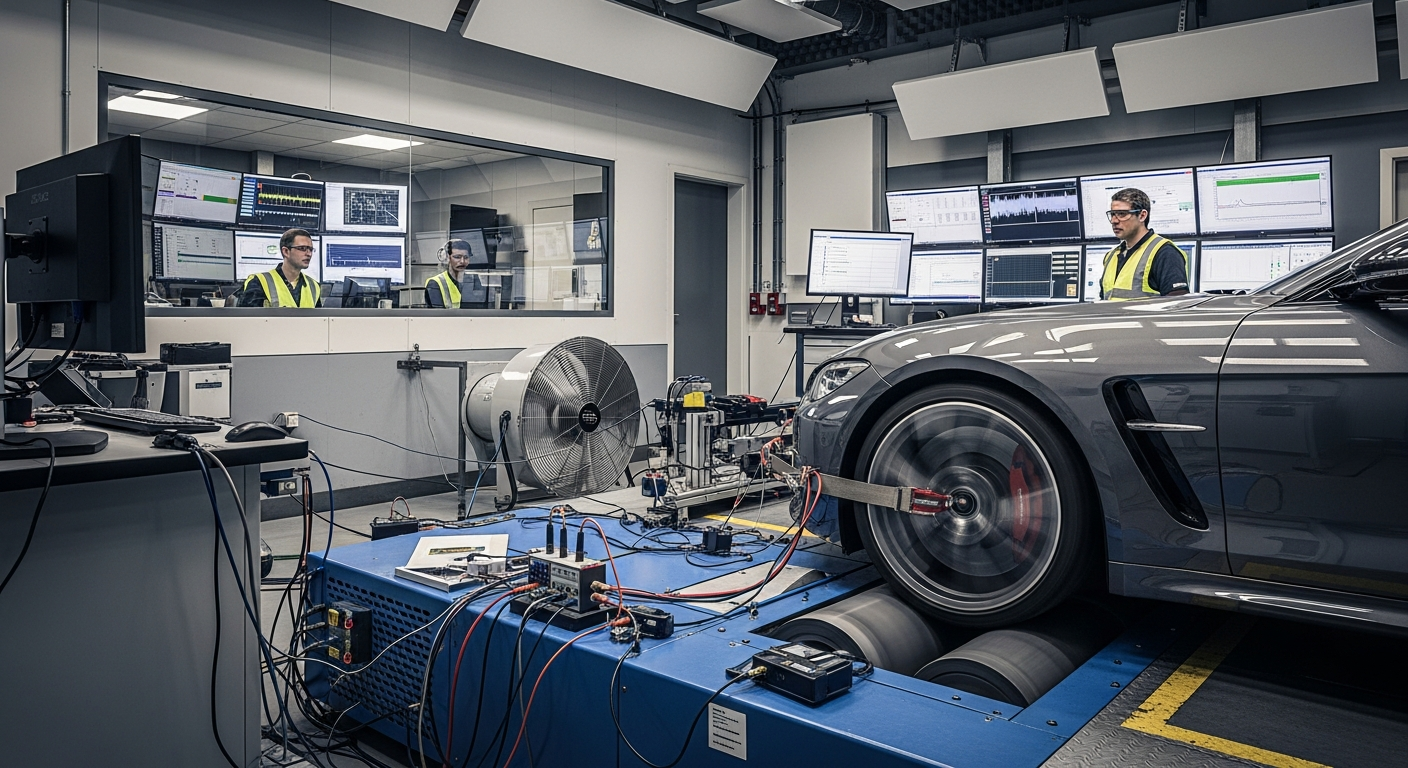Rise of Co-Working Spaces in Luxury Residential Developments
The intersection of luxury living and flexible workspaces is reshaping high-end real estate. As remote work becomes increasingly prevalent, developers are integrating sophisticated co-working spaces into upscale residential complexes, blurring the lines between home and office. This trend is not only transforming the way affluent professionals live and work but also redefining the value proposition of luxury real estate.

The Evolution of Luxury Living
The origins of this trend can be traced back to the early 2010s when co-working spaces began to gain popularity among freelancers and startups. As the concept matured, it caught the attention of real estate developers who saw an opportunity to differentiate their offerings in the competitive luxury housing market.
Initially, these spaces were simple, often retrofitted into existing buildings. However, as demand grew, developers began incorporating purpose-built co-working spaces into their designs from the ground up. These spaces evolved from basic shared desks to fully-equipped business centers with private meeting rooms, state-of-the-art technology, and even networking events for residents.
The Convergence of Work and Home
The COVID-19 pandemic accelerated the adoption of remote work, leading to a surge in demand for homes that could accommodate both living and working needs. Luxury developers responded by creating even more sophisticated co-working spaces within their residential complexes.
These modern co-working amenities often feature high-speed internet, soundproofed rooms for video conferencing, and ergonomic furniture designed for long hours of work. Some developments have gone further, offering services like on-site IT support, virtual reality rooms for presentations, and even podcast recording studios.
The Financial Implications
From an investment perspective, the inclusion of co-working spaces in luxury developments has significant implications. Properties with these amenities often command premium prices, with some estimates suggesting a 5-10% increase in value compared to similar properties without such facilities.
For residents, the financial benefits are also substantial. The ability to work from home eliminates commuting costs and reduces the need for separate office space, potentially saving thousands of dollars annually. Additionally, the networking opportunities provided by these shared spaces can lead to new business ventures and collaborations, further enhancing the value proposition for residents.
Impact on Urban Planning and Design
The rise of co-working spaces in luxury developments is also influencing urban planning and architecture. Developers are now designing entire neighborhoods with this concept in mind, creating mixed-use communities that seamlessly blend residential, work, and leisure spaces.
This trend is particularly evident in major cities where land is at a premium. By integrating co-working spaces into residential towers, developers can maximize the use of available space while meeting the evolving needs of urban professionals. This approach not only enhances the livability of cities but also contributes to more sustainable urban development by reducing the need for commuting.
Challenges and Considerations
While the integration of co-working spaces in luxury developments offers numerous benefits, it also presents challenges. Privacy concerns are paramount, as residents must balance the convenience of on-site workspaces with the need to maintain separation between their professional and personal lives.
Developers and property managers must also navigate the complexities of managing these shared spaces, including scheduling, maintenance, and ensuring equitable access for all residents. Additionally, there’s the challenge of future-proofing these amenities to ensure they remain relevant as work trends continue to evolve.
The Future of Luxury Real Estate
As we look to the future, the trend of integrating co-working spaces into luxury residential developments is likely to continue evolving. We may see even more specialized offerings, such as industry-specific workspaces catering to fields like technology, finance, or creative industries.
There’s also potential for these spaces to become hubs for innovation and entrepreneurship within residential communities. Some developers are already exploring partnerships with accelerators and incubators to create ecosystems that nurture startups and support local business growth.
The rise of co-working spaces in luxury residential developments represents a significant shift in how we conceptualize high-end real estate. It reflects a broader trend towards more flexible, integrated living spaces that cater to the changing needs of modern professionals. As this trend continues to mature, it will undoubtedly shape the future of urban living and redefine what it means to live and work in luxury.





